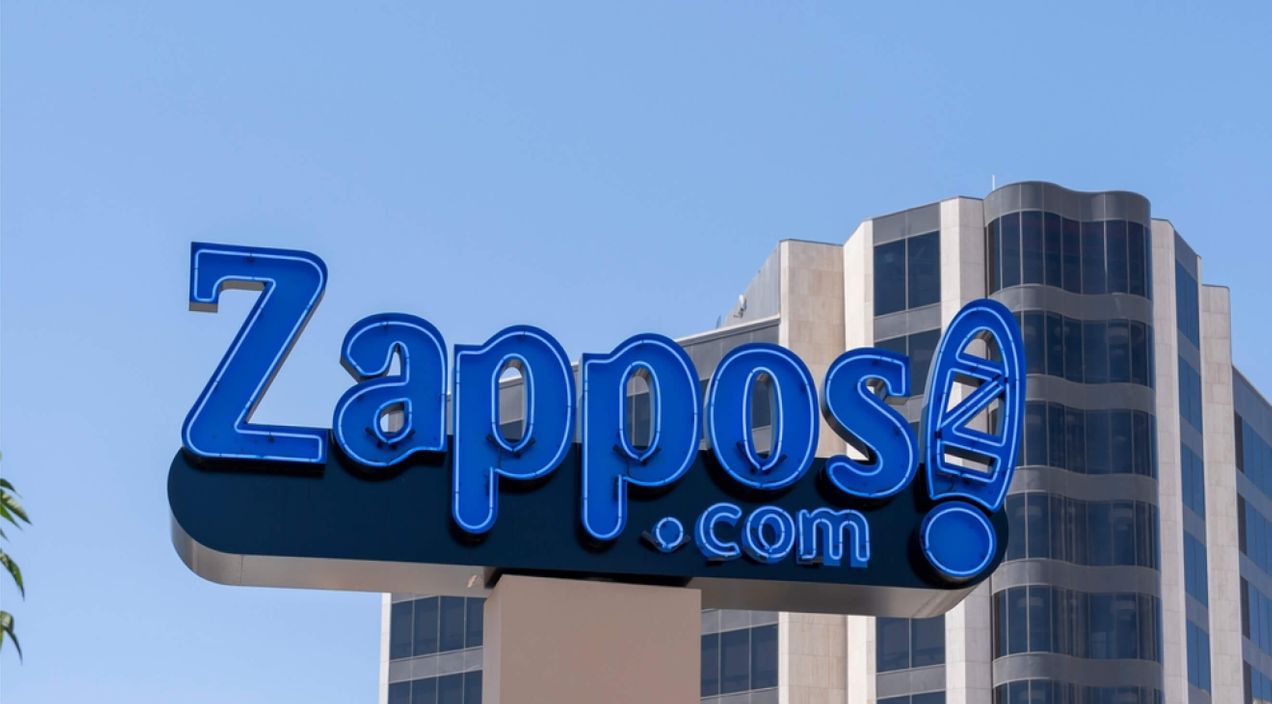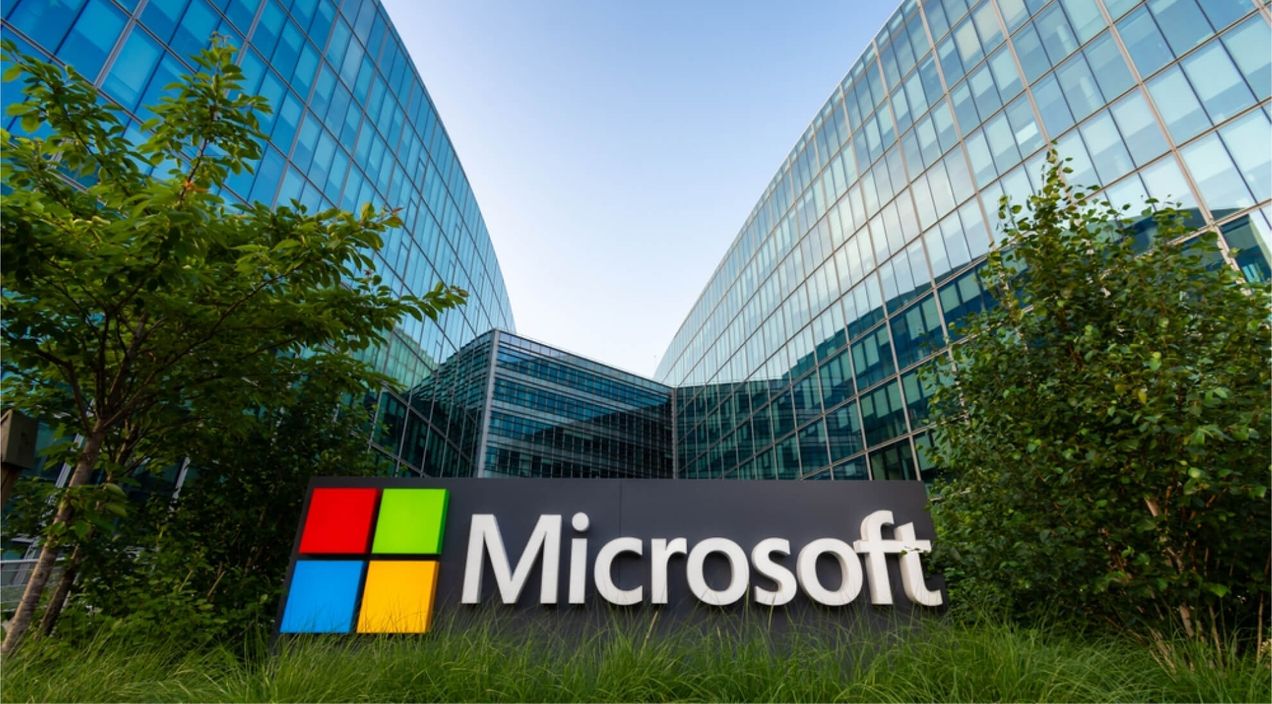Company Culture
Why building team synergy is important: Examples & questions
Team synergy isn't just a buzzword; it's the cornerstone of success. Explore its profound importance through concrete examples and engaging questions that encourage collaboration, innovation, and the attainment of ambitious goals. Learn how to harness the collective strengths of your team.
75+ Fun office bulletin board ideas to try as a leader in 2025
From interactive elements and rotating themes to celebrating employee achievements and promoting wellness challenges, these ideas will transform your office bulletin board into a vibrant hub of creativity and collaboration.
Top 15 companies with best work-life balance: Insights for small teams to get inspiration in 2025
Discover the blueprint for work-life nirvana in 2025! Uncover insights from the top 15 companies acing the balance game. From flexible schedules to wellness programs, learn how these industry leaders shape a harmonious workplace. Small and medium-sized teams, get ready for inspiration overload!
Hostile work environment: The red flags and how to tackle them
A hostile work environment is an uncomfortable situation where employees face harassment or discrimination, impacting their well-being and productivity. Creating a respectful and inclusive workplace is vital for everyone's success and happiness.
100+ Employee teamwork quotes to inspire collaboration and success in any kind of teams
Motivating employees at work is the catalyst for a thriving, dynamic, and innovative workplace. At the heart of this necessity lies the recognition that motivated employees are the linchpin to achieving organizational success.
Microaggressions at work aren’t always obvious—but they’re always harmful
Explore the impact of microaggressions at work and gain insights into identifying, addressing, and curbing these subtle forms of discrimination. Create a more inclusive and respectful workplace environment.
Meaning of workplace culture and connection for engaging employees in 2025
Unravel the multifaceted layers of workplace culture, deciphering its intricate meanings, values, and impacts on organizational dynamics and employee engagement. Discover how a strong culture fosters cohesion, innovation, and resilience, shaping the very essence of an organization's success.
The truth about hustle culture: When hard work goes too far
Hustle culture glorifies the constant pursuit of productivity and success, often at the expense of an individual's well-being. Rooted in the belief that busyness equates to progress, hustle culture encourages long working hours, constant multitasking, and a relentless drive to work.
Inside Target company culture: A model for building people-first workplaces
Target’s company culture is built on a foundation of inclusivity, innovation, and connection. At its core, the culture is centered around putting people first, both employees and customers. Target creates an environment where individuals are encouraged to thrive and contribute.
Zappos company culture: What can be learned from a happiness-driven culture
Zappos' culture thrives on core values like employee happiness and fun. Their transparency and growth focus boost job satisfaction. Learn how to apply these principles for a motivated team.
Bad work culture costs more than you think—here’s how to spot it and turn it around
A bad work culture refers to an environment where unhealthy norms, poor communication, and unaddressed issues shape the daily experience for employees. It’s not always about loud outbursts or open conflict—sometimes, it’s the quiet tension, lack of support, or the feeling that speaking up is risky.
Why does Disney’s company culture make its workplace the most desirable to employees?
Discover how Disney’s principles can guide your organization in creating a supportive workplace. Learn valuable lessons to enhance employee satisfaction and business success, with strategies from Disney’s culture to help build an exceptional work environment.
Organizational restructuring: Definition, strategies and top examples for leaders in 2025
Explore innovative strategies and real-world examples of organizational restructuring in 2024. Learn how to streamline operations, boost efficiency, and position your company for success
What can you learn from Microsoft’s company culture: Key takeaways for leaders
Microsoft’s culture of growth, diversity, and innovation—championed by Satya Nadella—boosts employee satisfaction and drives success. Learn how to revamp your company culture using insights from their approach.
30+ Creative culture committee ideas that actually work in 2025
Explore over 30 actionable culture committee ideas, real-world initiatives, and expert insights to strengthen your company culture, boost employee engagement, and create an inclusive, connected workplace through purposeful programs and team-driven actions that actually work in real organizations.
How to increase collaboration between teams in 2025?
Explore effective tips to increase collaboration between teams in 2025. Foster teamwork, communication, and synergy for enhanced productivity and business success. Unlock the potential of your teams and gain a competitive edge in today's fast-paced business landscape.
7 Key employee life cycle stages and how it can help improve company culture
Uncover the key stages of the employee life cycle and their impact on company culture. From recruitment to offboarding, learn how each stage presents opportunities to shape a positive and inclusive work environment. Maximize employee experience, boost engagement, and foster a thriving culture.
HR compliance in 2025: How to protect your company without losing your culture
HR compliance is the process of aligning your company's human resource policies and practices with the laws, regulations, and ethical standards that govern employment. It’s about making sure your business isn’t just doing things the “usual way,” but the right way—legally and ethically.
Bring your child to work day: More than just a fun office tradition
Take your child to work day is a recognized event where children step into their parent or guardian’s workplace to explore what adulting looks like outside of homework and chores. It usually takes place on the fourth Thursday in April and invites kids to experience a slice of the working world.
Transparency at work and its impact on organizational performance in 2025
Transparency at work fosters trust, boosts employee engagement, and enhances organizational performance. Dive into our guide to discover the advantages, practical tips, and real-world examples of how transparent leadership can transform your workplace.
How to build a culture of job security in a changing workplace
Job security refers to the assurance that an individual’s employment is stable and not at immediate termination risk. It depends on industry demand, company performance, and employee skills. A stable job provides financial predictability, reduces stress, and enables long-term career planning.
130+ Funny work jokes so good, even HR might laugh
Ever noticed how a good laugh can turn a stressful day around? In the workplace, humor isn’t just about cracking jokes—it’s a secret ingredient for a positive, engaged, and high-performing team that just doesn't talk business. Adding a little humor to your workday is no more just a joke anyway.
What is organizational design: A complete guide for HR and leaders
Organizational design is the strategic process of structuring a company's roles, responsibilities, and workflows to optimize performance and align with business goals. It ensures efficiency, promotes collaboration, and fosters growth, making it a critical tool for HR and leadership.
Nepotism in the workplace: The hidden cost leaders can’t afford to ignore
The dynamics of workplace nepotism are intricate, and deciphering its impact on morale and organizational culture is important for your organization’s structure. This guide navigates signs, instills anti-nepotism policies, and advocates for a merit-driven workplace where fairness takes precedence.
























